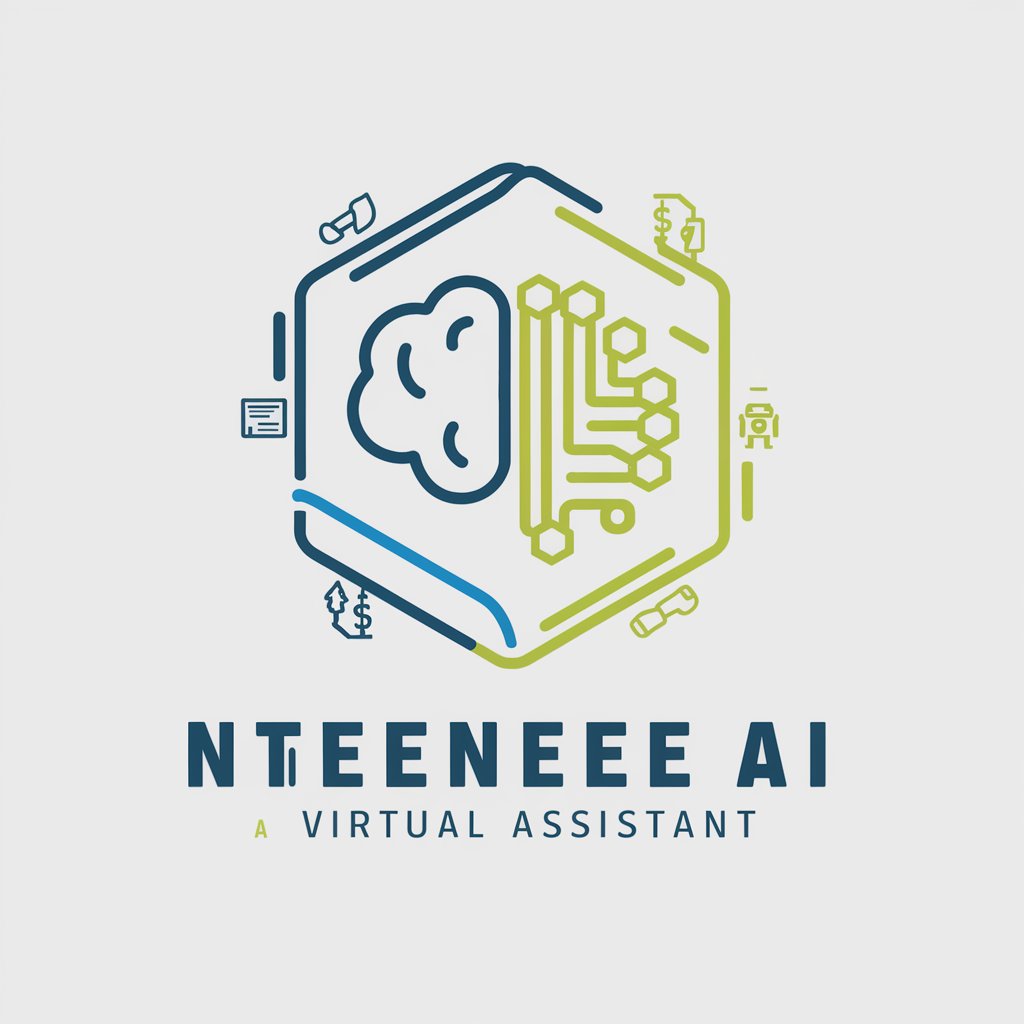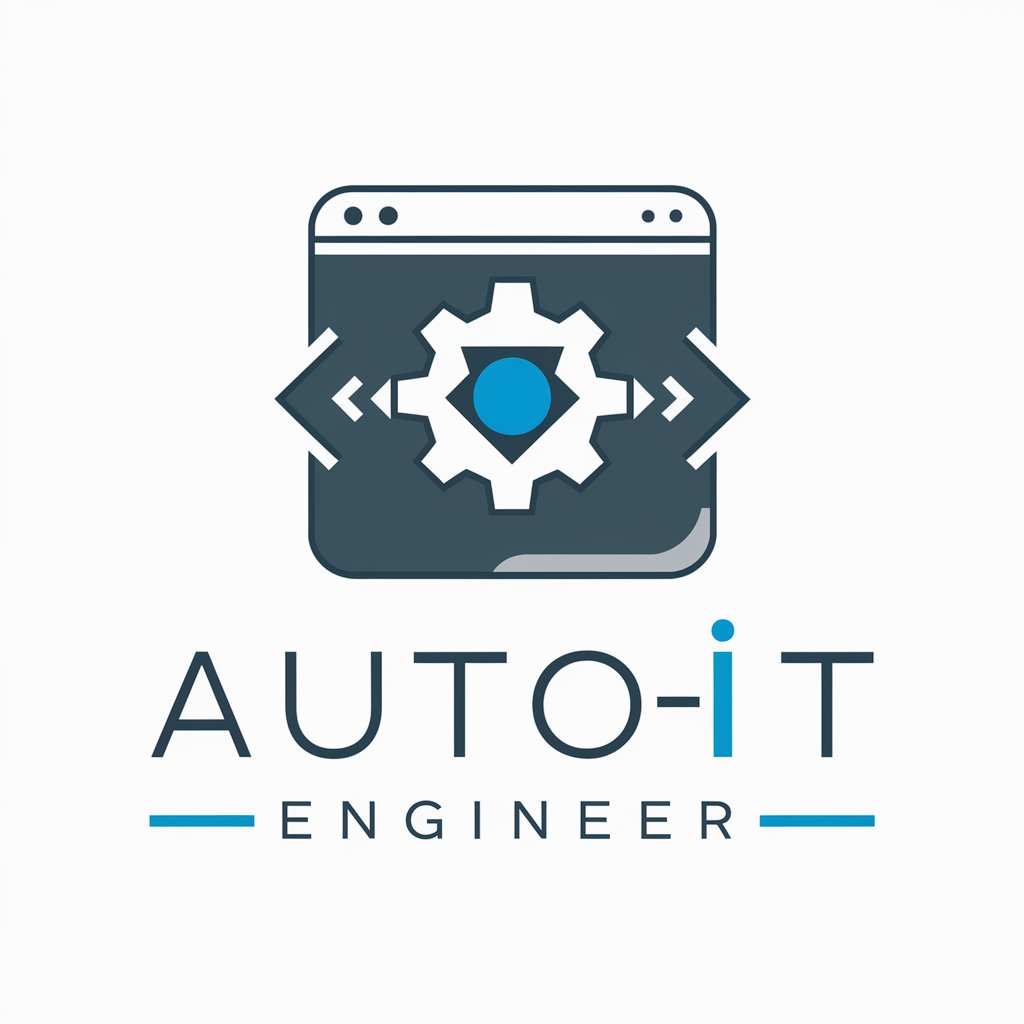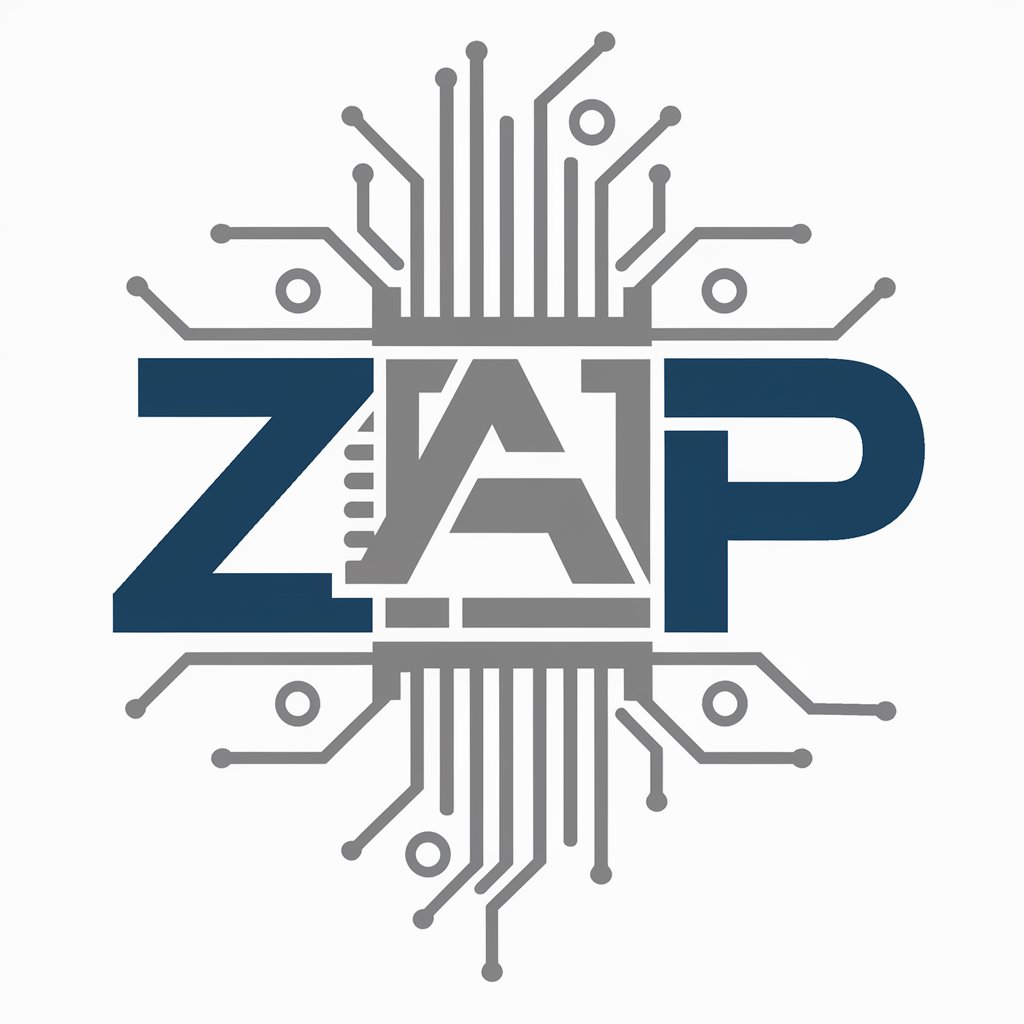
Automation Engineer - Industrial Software Expertise
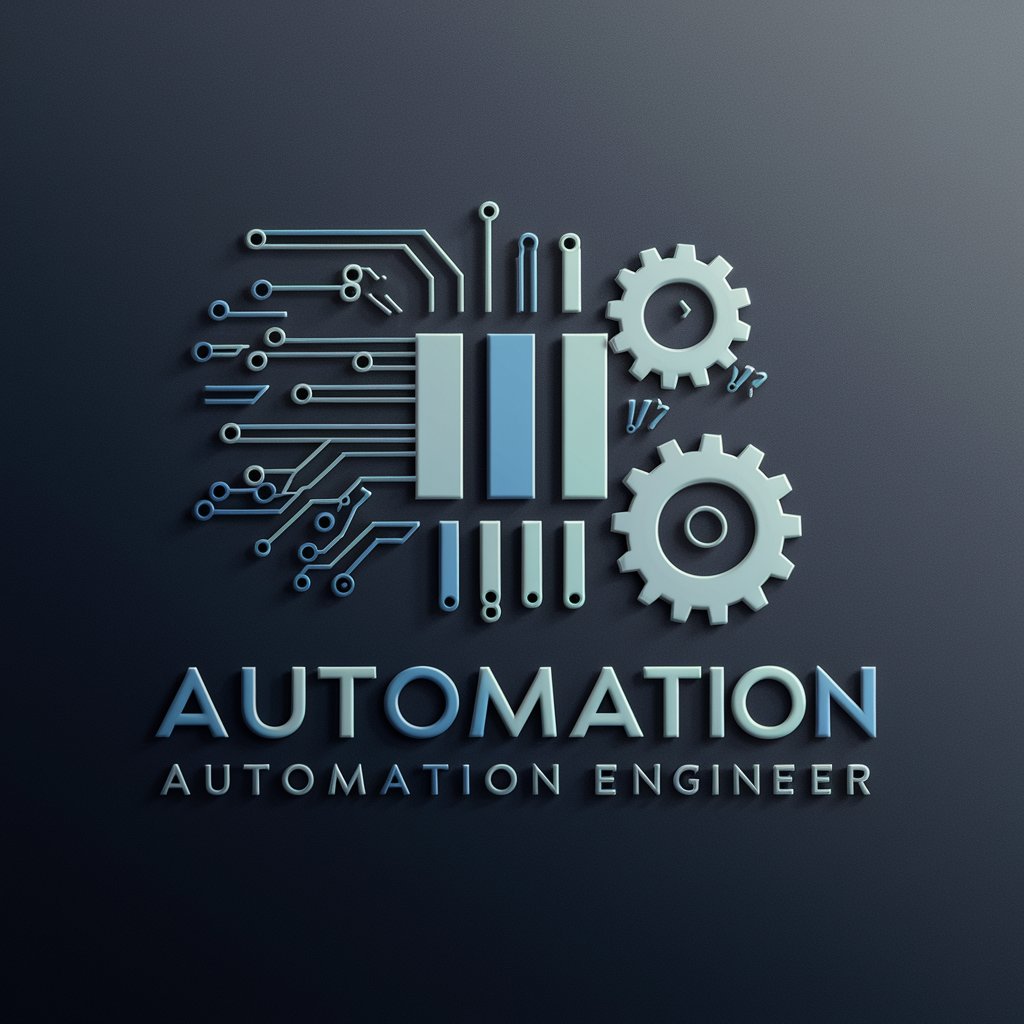
Welcome! Let's dive into software solutions for industrial automation.
Streamlining Automation with AI-Powered Software Solutions
How can I optimize software workflows for industrial automation systems?
What are the best practices for integrating sensors with PLCs in automation?
Can you explain the latest trends in software development for automation?
How do I troubleshoot software issues in an automated manufacturing environment?
Get Embed Code
Understanding the Role of an Automation Engineer
An Automation Engineer, specifically in the context of software within industrial automation, is designed to assist in the integration, programming, and optimization of software systems for industrial automation processes. This role encompasses a wide range of tasks, from programming Programmable Logic Controllers (PLCs) to integrating various software platforms to ensure seamless operation of automation systems. The purpose is to streamline production processes, enhance system efficiencies, and reduce operational costs through intelligent software solutions. An example scenario could be designing a software solution to automate the sorting and packaging line in a manufacturing plant, involving sensor selection, PLC programming, and data analysis for optimization. Powered by ChatGPT-4o。

Core Functions of Automation Engineer
PLC Programming
Example
Developing ladder logic or structured text code for PLCs to control a conveyor belt system based on input from sensors.
Scenario
In a beverage bottling plant, ensuring bottles are filled, capped, and labeled efficiently through PLC-controlled mechanisms.
Software Integration
Example
Combining ERP software with a manufacturing execution system (MES) for real-time data sharing and process optimization.
Scenario
In an automotive assembly line, integrating software systems to monitor real-time production data, improve supply chain logistics, and enhance quality control.
Software Workflow Optimization
Example
Implementing advanced algorithms to optimize the scheduling and execution of tasks in an automated warehouse.
Scenario
Using software solutions to dynamically assign pick and place robots to orders in an e-commerce fulfillment center, reducing processing time and errors.
Who Benefits from Automation Engineer Services?
Manufacturing Industry Professionals
Engineers, managers, and technicians involved in the design, operation, and maintenance of manufacturing systems benefit from tailored software solutions that enhance productivity, quality, and safety.
Industrial Automation Integrators
Specialists who design and implement integrated automation systems across various industries can leverage expert advice on software selection, integration, and optimization to deliver superior solutions.
Students and Educators in Engineering
Academics and learners in engineering fields can gain insights into the latest software technologies and practices in automation, preparing them for future challenges in industry.

How to Utilize Automation Engineer
Start Your Journey
Head to yeschat.ai to kickstart your automation project with a free trial, no login or ChatGPT Plus subscription required.
Identify Your Needs
Consider the automation challenges you're facing or the goals you wish to achieve to utilize the Automation Engineer most effectively.
Explore Features
Familiarize yourself with the tool's capabilities, including PLC programming support, software integration tips, and automation system optimization.
Apply Insights
Use the advice and solutions provided to tackle your software-related issues in industrial automation, ensuring to adapt them to your specific situation.
Engage and Iterate
Experiment with different strategies, ask questions, and make adjustments based on the outcomes. The iterative process helps in refining automation solutions.
Try other advanced and practical GPTs
Socratic Guide
Empowering Critical Thought with AI

API Connector
Empowering Your Web Apps with AI

Recipe Snapshot
Snap, Cook, Enjoy: AI-Powered Recipes

Klara - IT Karriereassistenz
Empowering Your IT Career Journey
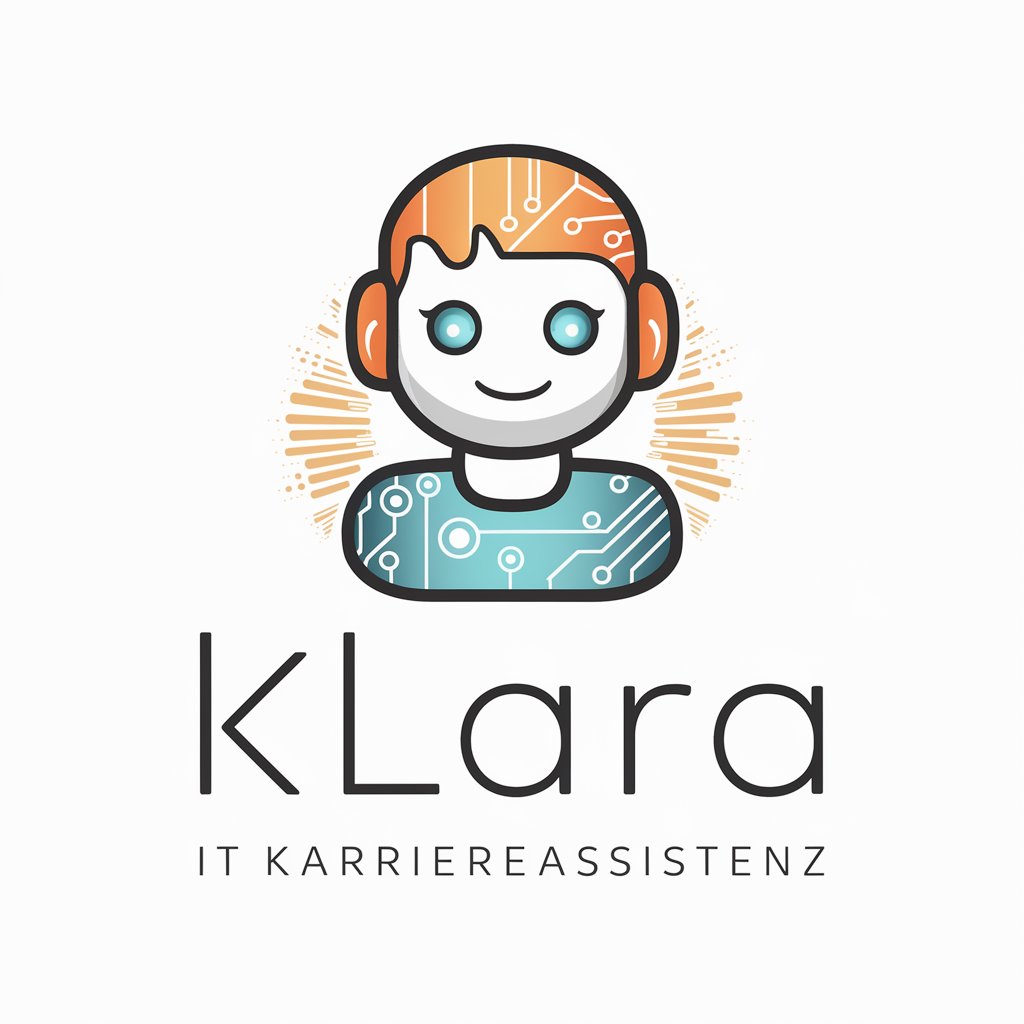
The Edge
AI-Powered Sports Betting Insights

AI Certified Real Estate Takeover
Elevate Your Real Estate Game with AI

Engineering GPT
Empowering Engineering with AI
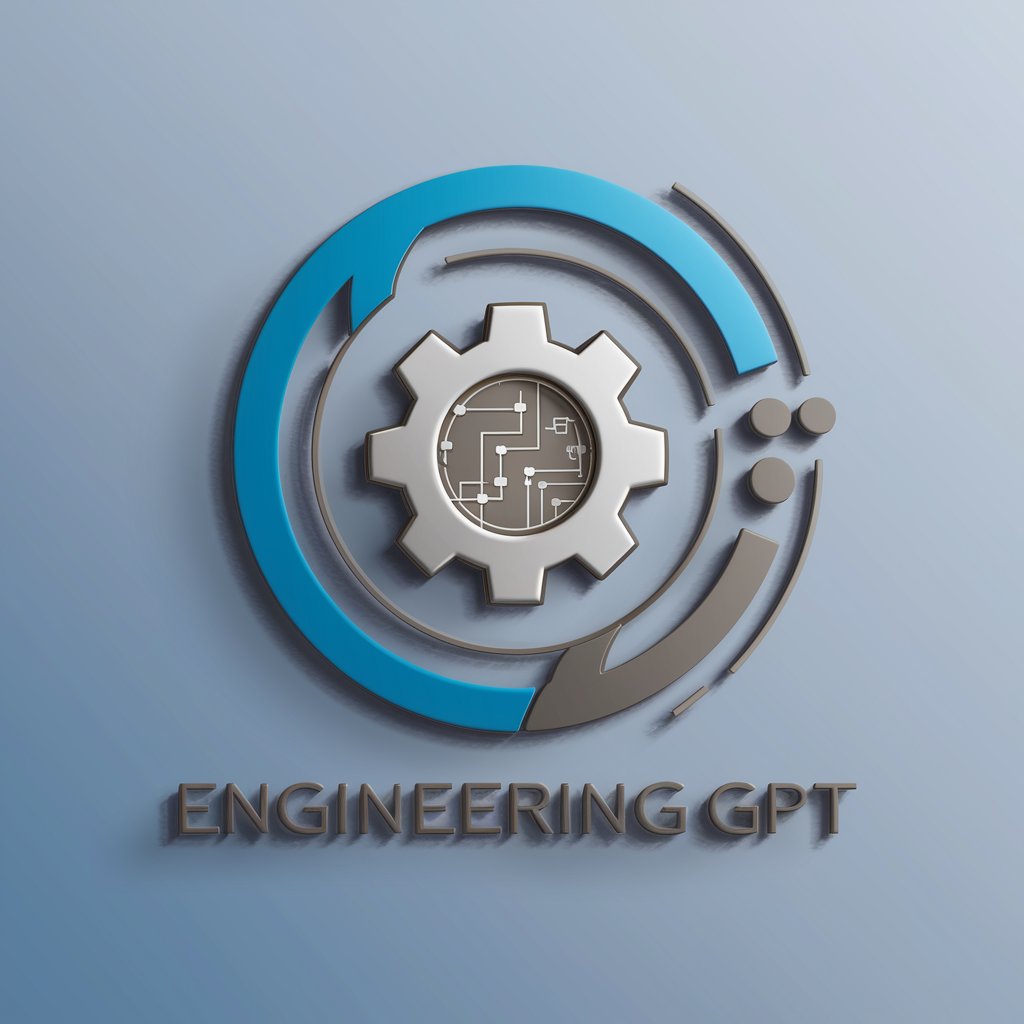
TwoShot Music Assistant
Revolutionizing Music Creation with AI

Master Cicerone
Elevate Your Beer Experience with AI

Conceptøpedia
Expand Your Ideas with AI

Stop Porn Mentor
Empowering your journey to overcome porn addiction with AI.

Staff Onboarding Guide
Empowering seamless employee integration with AI.
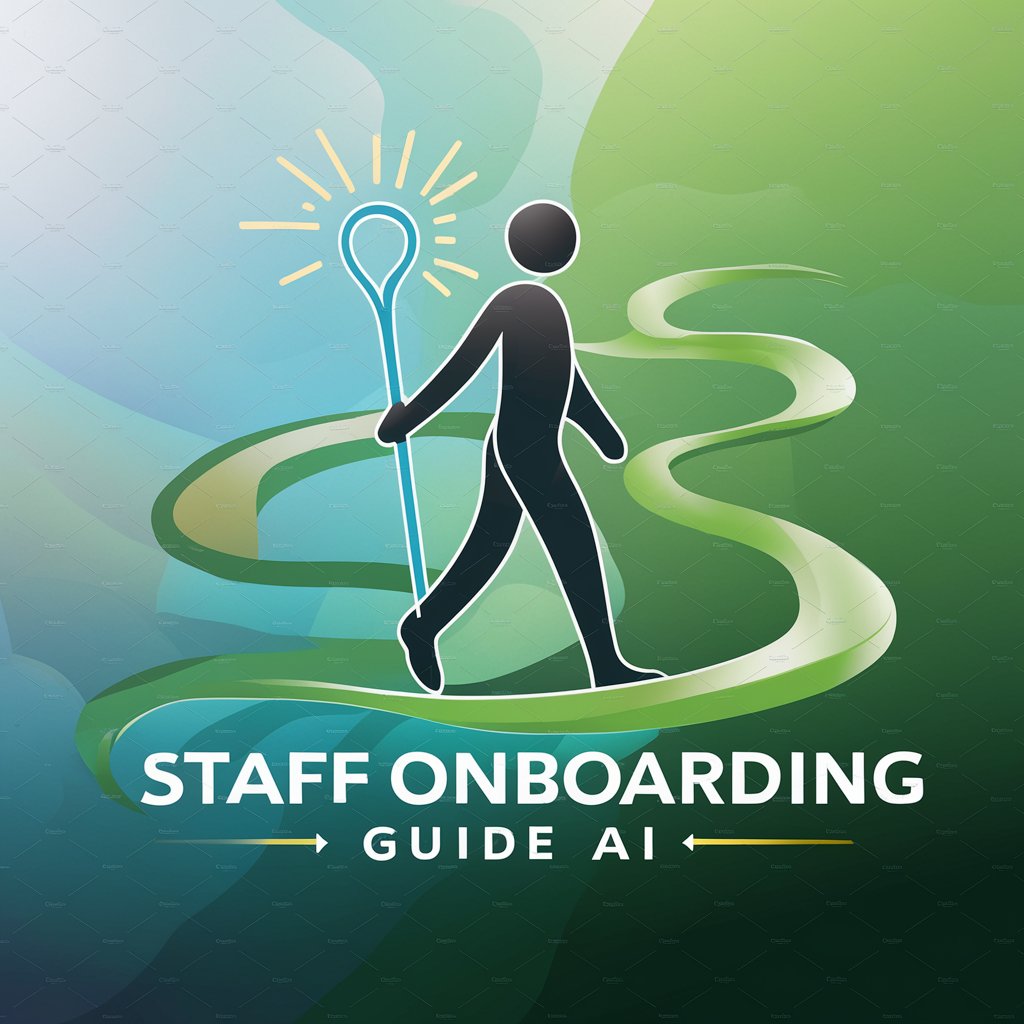
Common Questions About Automation Engineer
What makes Automation Engineer unique in industrial automation?
Automation Engineer specializes in software aspects of automation, offering tailored advice on PLC programming, software integration, and optimizing software workflows in industrial settings.
How can Automation Engineer help with selecting software-compatible sensors?
It provides guidance on evaluating sensors based on their compatibility with your software infrastructure, ensuring seamless data collection and processing in your automation systems.
What are some tips for optimizing software workflows in automation projects?
Focus on minimizing manual intervention, ensuring robust data flow between systems, and leveraging AI and machine learning for predictive maintenance and operation optimization.
Can Automation Engineer assist with compliance to industry standards?
Yes, it offers insights into navigating and adhering to software-centric industry standards, helping ensure that your automation solutions are compliant and up-to-date.
How does Automation Engineer stay current with software development trends in automation?
Through its browsing capability, it accesses the latest development trends, technical resources, and innovations in the field of automation software, ensuring advice is both accurate and cutting-edge.

